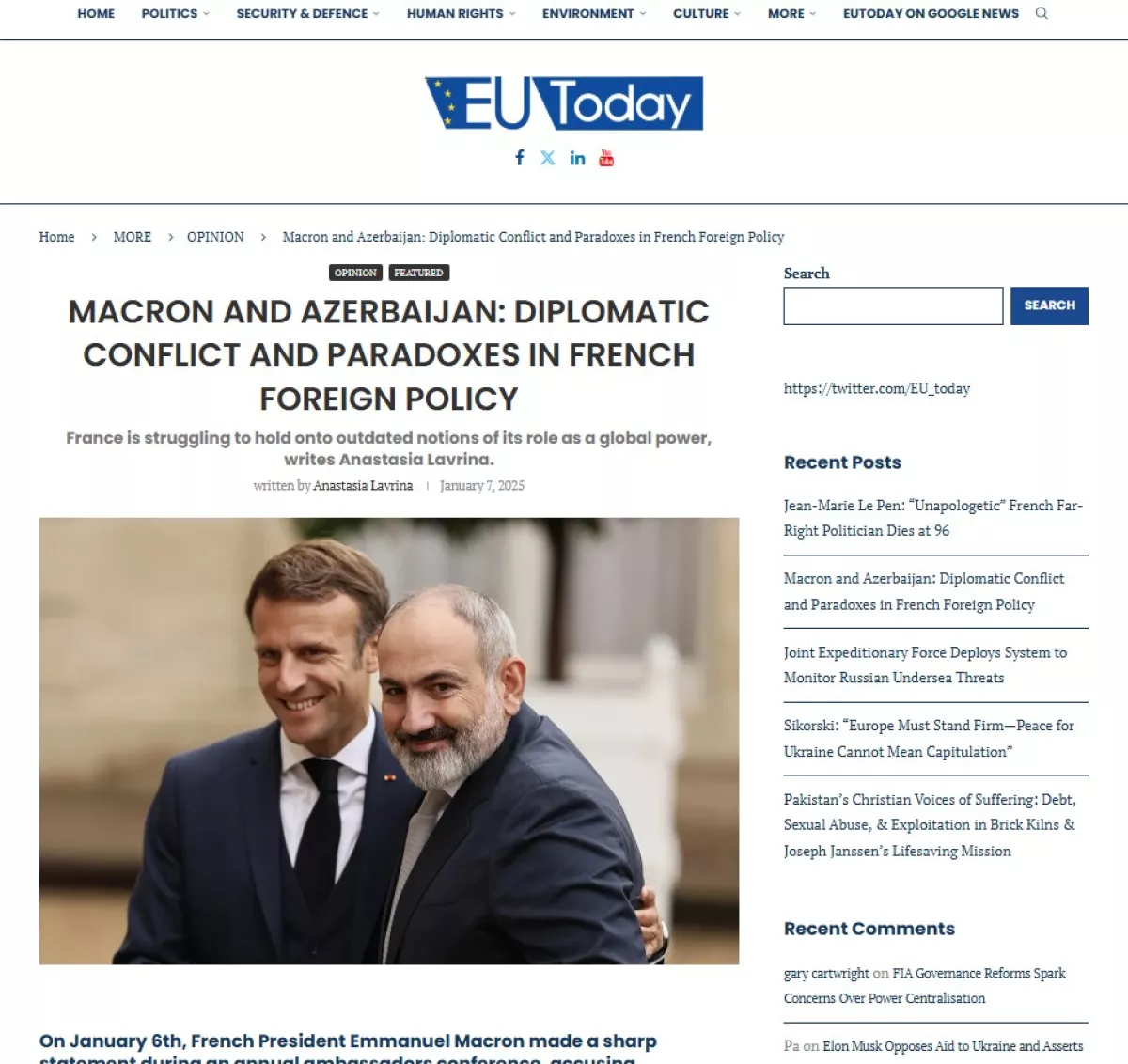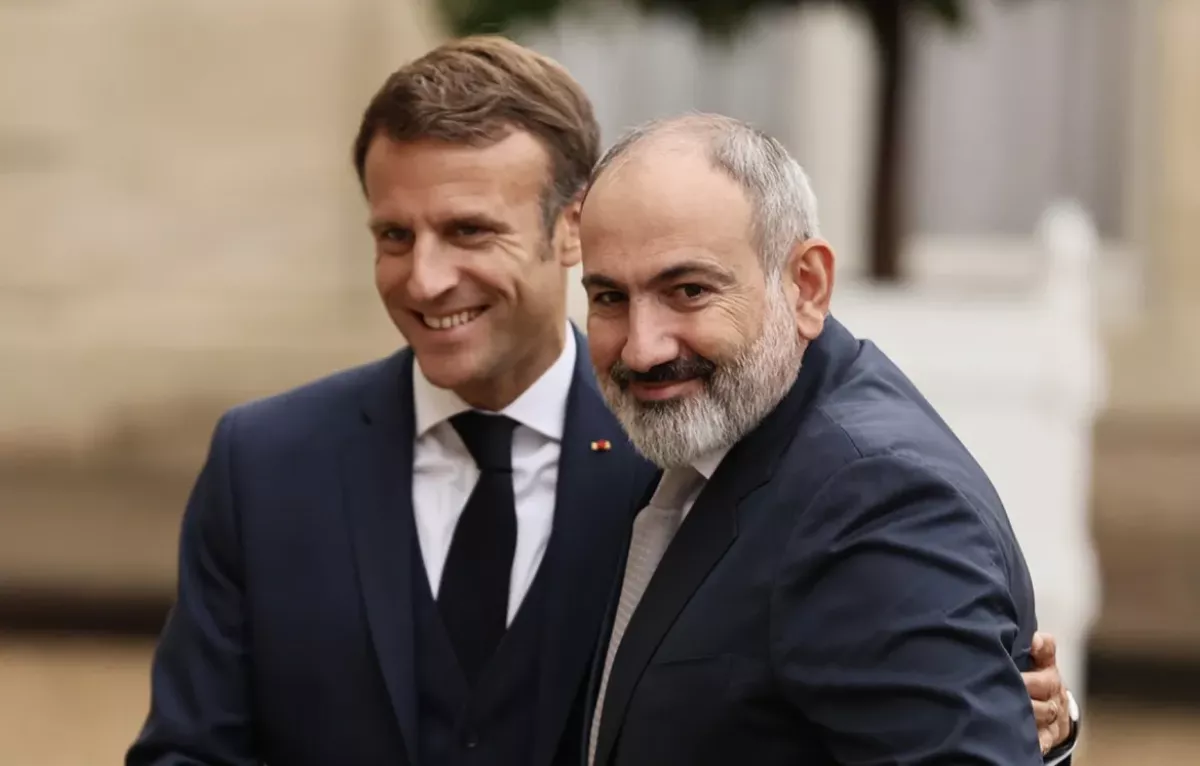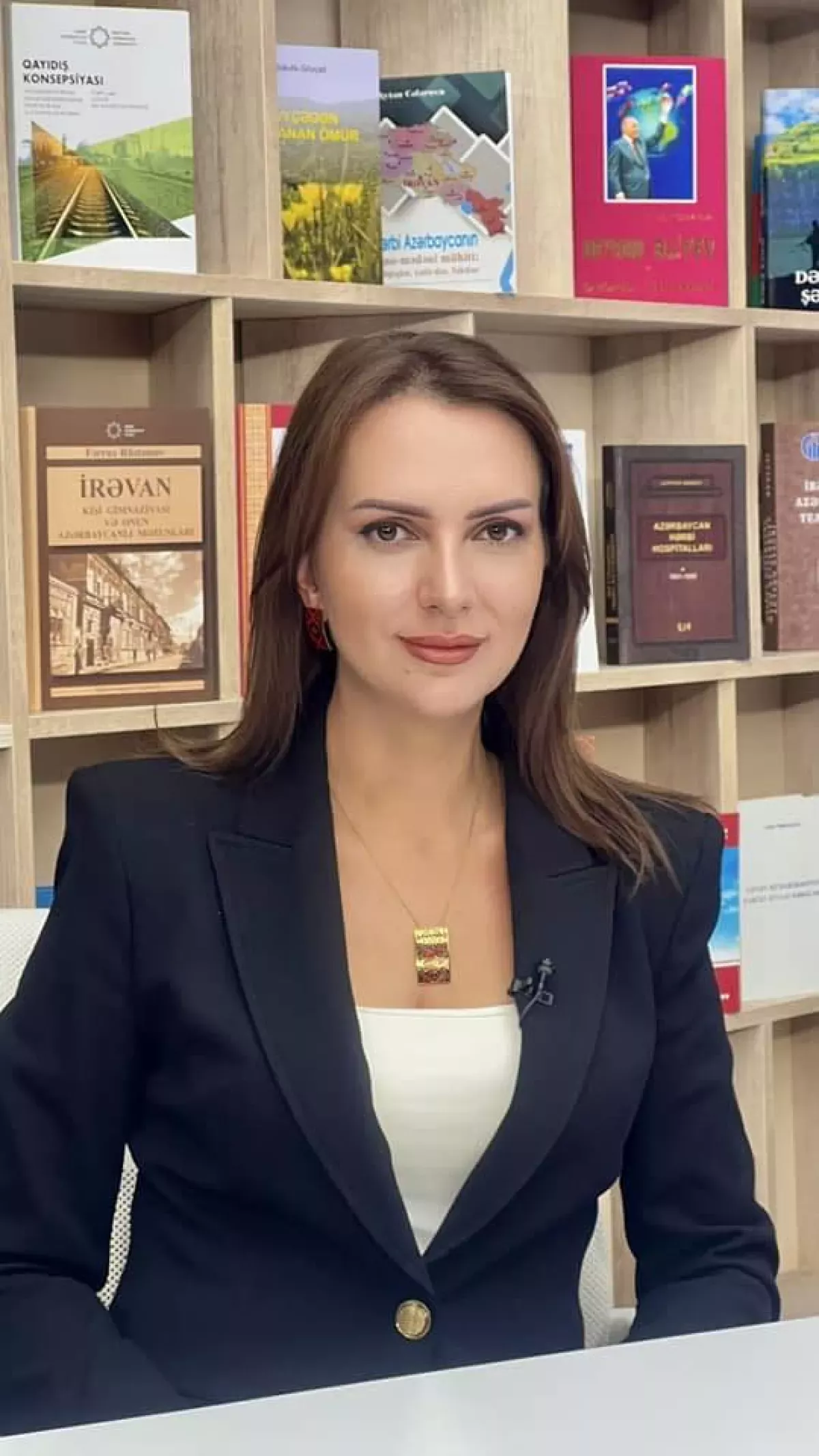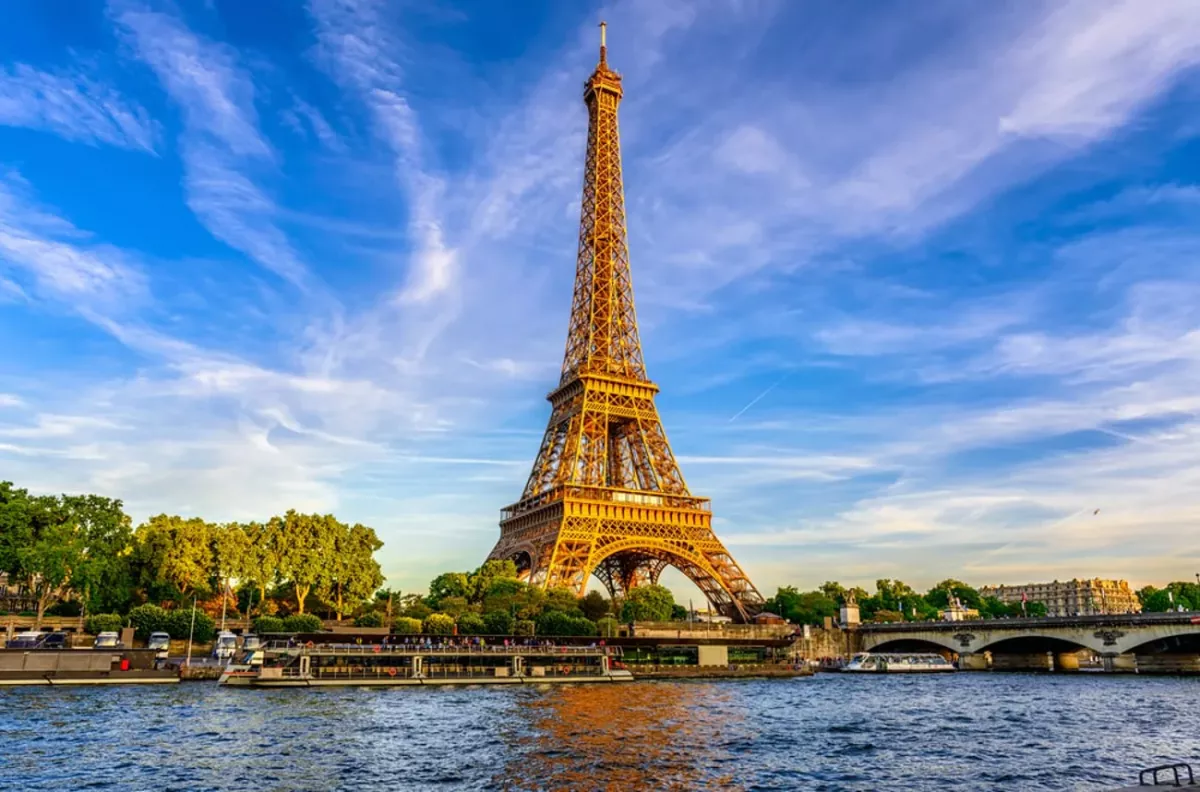Macron and Azerbaijan: Paradoxes in French foreign policy EU Today features article by Azerbaijani political analyst / PHOTO
The renowned English and European online publication Europe Today (EU Today) has published an article by Anastasia Lavrina, Deputy Chair of the Russian Community of Azerbaijan, member of the Youth Council of the New Azerbaijan Party, journalist, and political scientist, titled "Macron and Azerbaijan: Diplomatic Conflict and Paradoxes in French Foreign Policy."
In the article, republished by Caliber.Az with slight modifications, Lavrina presents her arguments in English to European readers, emphasizing that on January 6, French President Emmanuel Macron made a sharp statement at the ambassadors' conference, accusing Azerbaijan of "unacceptable interference" in France’s overseas territories, including New Caledonia.

This accusation not only stirred relations between France and Azerbaijan but also highlighted the more complex paradoxes of France's foreign policy, particularly in the context of its ties with Russia and Armenia. Macron reiterated that France has always defended international law and supported Armenia, while, in his view, Russia has "unexpectedly" shifted its stance to back Azerbaijan in Karabakh. However, Macron's criticism of Russia seems somewhat odd at first glance, considering that Moscow, despite its political interests in the region, has adhered more consistently to the principle of respecting Azerbaijan's sovereignty and territorial integrity than France. Meanwhile, Paris justifies Armenia's occupation policies and its implementation of ethnic cleansing.
A video has recently surfaced online featuring former Armenian President Levon Ter-Petrosyan openly admitting to the policy of ethnic cleansing in Karabakh and Armenia. However, Macron prefers not to comment on such revelations, as they could undermine his support among the powerful Armenian diaspora in France. The French president also ignores the fact that the 2020 military operations and Azerbaijan's 2023 anti-terrorist operation took place within the territory of a sovereign state. Furthermore, in October 2023, Armenian Prime Minister Pashinyan signed a declaration recognizing Karabakh as part of Azerbaijan.

In recent years, France has actively supported Armenia, not only at the diplomatic level but also through arms supplies, strengthening the Armenian army and fueling revanchist sentiments that destabilize the region. It is no longer a secret that this strategy is part of France's geopolitical game in the region, aimed against Türkiye and Azerbaijan.
In 2024, France experienced a significant political storm, with three individuals rotating through the position of prime minister, vividly reflecting the political instability and internal crisis gripping the country. The attempt to conceal real domestic issues behind fabricated external threats only deepens public alienation and stirs discontent. Paris, which proclaims its commitment to democratic values on the global stage, increasingly falls short of upholding them within its own borders.

A clear example of this is France's disregard for the demands of New Caledonia and its accusations against Baku of interfering in France's internal affairs. It is evident that such statements are an attempt to divert attention from deeper issues. However, it is through Baku's actions, within its chairmanship of the Non-Aligned Movement, that the world has begun to uncover the truth about France's neocolonialism, masked under the guise of "aid" and "cooperation."
When France declared the end of the colonial era, its "liberation" of the peoples of former colonies was met with applause. Yet, decades later, it has become clear that France continues to control these countries, albeit through new methods.
Neocolonialism is not just a term but a reality for former colonies, where France maintains its influence through economic, military, and cultural mechanisms. A striking example is the CFA franc, still used by 14 African countries and controlled by Paris. This restricts the economic independence of these nations, with profits from natural resources extracted on their territories often flowing directly to France. French corporations like Total and Orange continue to dominate African economies, while French military bases ensure strategic control over key regions under the guise of "peacekeeping" missions.
However, France's influence extends beyond the economy and military. Cultural dominance, maintained through the French language, education systems, and institutions like Alliance Française, perpetuates a form of mental dependency. This has fueled growing dissatisfaction, particularly among the youth, who are increasingly aware of the need for genuine independence and liberation from French control.

Thus, Macron's criticism of Azerbaijan, his disregard for obvious facts, and justification of Armenia's policies, along with France's continued neocolonial influence over former colonies, all indicate that France is clinging to outdated notions of its role as a global power.
While the country faces internal crises and growing public discontent, its foreign policy further deepens alienation and creates new conflicts, prompting the world to question: is France truly prepared to uphold its own democratic principles?








